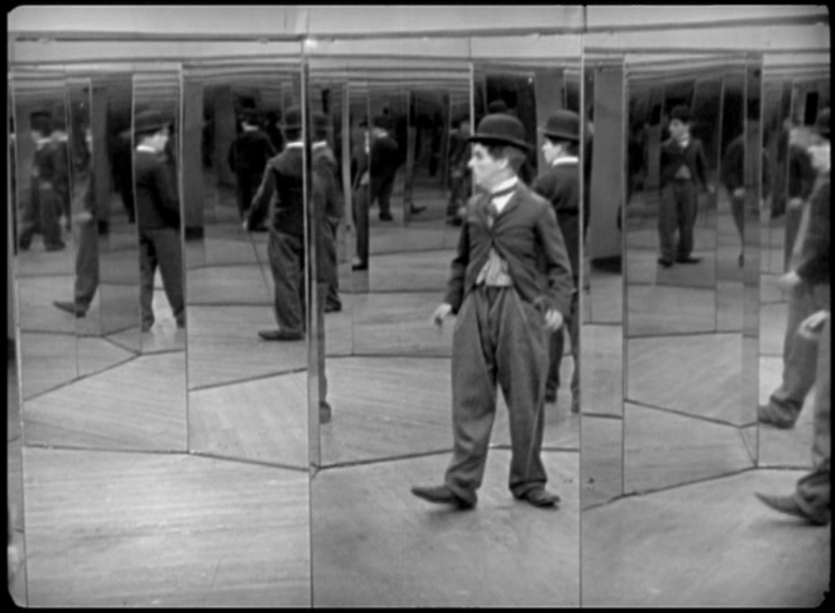A Critique of Reflective Writing
I don’t believe in reflective writing. That is, I do not believe that reflective writing deserves the centrality it is awarded in the discourse and practice of pedagogy, or for that matter, andragogy.
Every discipline and practice has its cornerstones – tenets, principles, concepts, processes, and ideals that are considered fundamental, irreducible, and self-evidently positive. I call these “stanchions of paradigm”; in less guarded moments, I call them “sacred cows”. Unless these cornerstones are evidentially derived, continuously yielding, demonstrably translatable into tangible capabilities, and philosophically coherent, they are sacred cows. And it is toward these sacred cows that the lens of criticism should focus its harshest rays.

Philosophically, reflective practice is problematic. The practice of reflection (usually manifested in reflective writing) encourages a hazardous attitude and an indulgent predisposition: namely, that introspection is as valid as external objectivity. That is, the findings of a self concerning that self as expressed by that self are in some way as valid, impartial, and measurable as a third-party independent judgement backed by objectively identified, structured criteria of performance. This is as sensible as a self-administered, self-scored, self-defined driving test. Not many would fail such a test.
In the reporting of fact and in the discussion of ideals, argument strength is resoundingly undermined by the involvement of the subjective. Moreover, for teachers, focus on self, not the individuals taught, is a reversal of priority and purpose. Again, philosophically, implying that the subjective is the equivalent of the objective is without basis beyond solipsism. Moreover, the habit feeds a smug narcissism and an absurd relativism – what is quality to one reflective practitioner could well be heinous negligence to another: without objective standards, there is no measure.
